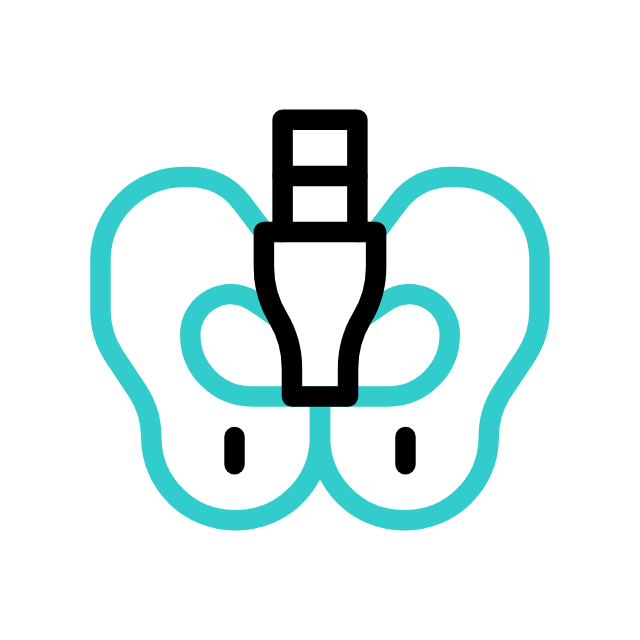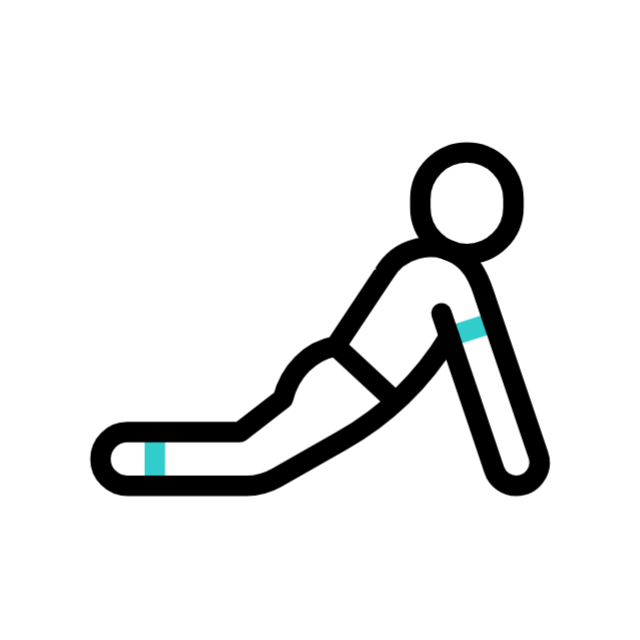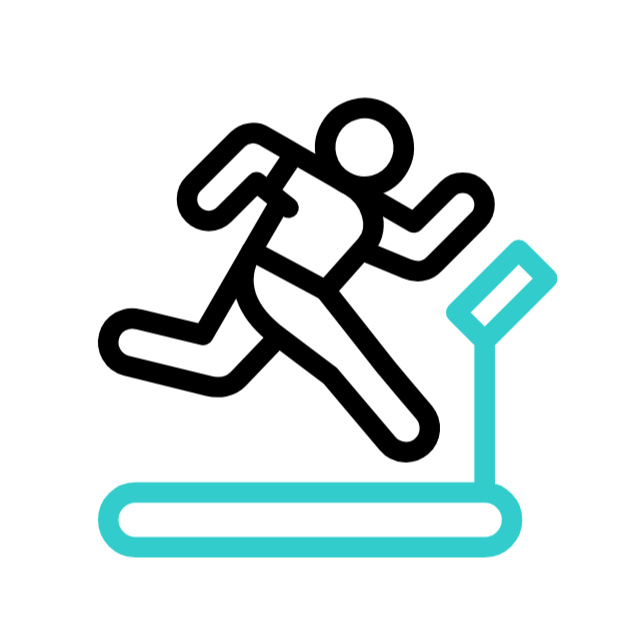What People Wish They Knew Sooner About Back Pain
November 14, 2024
At Curv, we’re always looking for new insights into back pain to help inform our approach and provide the best possible solutions. Recently, we decided to ask a question on Reddit’s back pain communities: What do you wish you had known when you first started experiencing back pain?

The response was overwhelming. Nearly 200 responses of personal experiences, struggles, and insights. What we learned from this incredible outpouring of stories highlights some common themes, challenges, and opportunities to better address the needs of those dealing with back pain. Hopefully you can learn from these discoveries.
The Cost of Untreated Pain

Untreated back pain can severely limit both physical movement and personal aspirations. For many, pain can keep them bedridden for weeks, leading to not just physical discomfort but also the emotional toll of watching life pass by. When faced with upcoming MRIs or potential surgeries, there’s hope for a return to normalcy—a chance to regain the ability to move freely and engage in essential life experiences. Addressing pain early, through medical intervention or therapy, is crucial to avoiding the long-term impact it has on quality of life and finding the freedom to live fully once again.
The Interplay of Back and Hip Health

Others discovered firsthand how back pain can often mask other underlying issues. Despite years of treatment focused solely on their back, it wasn’t until a physical therapist connected their back pain to hip flexibility and strength issues that they began to find lasting relief. Their story reminds us of the importance of a holistic approach to back pain, addressing the interplay between different parts of the body rather than treating issues in isolation.
The Frustration of Misdiagnosis

The journey to a proper diagnosis for back pain can often be long and discouraging. One individual shared how they struggled for years with persistent back pain, visiting multiple doctors, but never receiving a clear explanation. It wasn’t until severe symptoms set in that they were urgently rushed into surgery. An MRI revealed an 8mm herniation pressing on the sacral nerve, a condition that had been silently worsening due to the lack of a correct diagnosis. Their story emphasises the critical importance of seeking comprehensive testing and not settling for vague answers when symptoms persist. While recovery will take time, surgery brought immediate relief, and they now feel a renewed sense of hope for their future.
Avoiding Unintended Harm

In some cases, the right diagnosis at the right time can make all the difference in a patient’s journey. One person learned this the hard way—two years into back pain, an MRI finally revealed a herniation that explained their symptoms. By then, their attempts to "stretch away" the tightness may have kept their disc from healing properly. This realisation highlights the importance of targeted diagnosis: knowing exactly what’s causing your pain can prevent well-intentioned but harmful actions.
The Risks of Rushing Recovery

In the hope to return to daily life, some individuals rush their recovery, eager to move on. One person shared how, after experiencing some improvement, they jumped back into their routine without fully allowing their body to heal. The result? A setback that left them right back where they started. While the desire to return to normalcy is strong, pushing too hard too fast can undo progress and prolong recovery. Full recovery often takes time, and resisting the urge to rush back into activity is key to avoiding setbacks and ensuring long-term success.
What We Can Learn from These Stories
Don’t Ignore Persistent Pain: If back pain persists for weeks or worsens over time, don’t hesitate to seek a thorough examination and advocate for imaging if conservative treatment doesn’t work.
Ask for a Holistic Approach: As others’ stories show, sometimes issues with flexibility or strength in surrounding muscles, like those in the hips, can aggravate back pain. Working with professionals who take a comprehensive view can lead to better, longer-lasting relief.
Consider All Options: With advancements in minimally invasive surgeries, treatments are evolving. For those who fear surgery, minimally invasive techniques could offer relief without the lengthy recovery process.
Keep Hope Alive: Many people feel lost in the medical system, but sharing stories like these provides reassurance that others have faced similar struggles—and found hope on the other side.
For anyone struggling with back pain, these accounts highlight an essential truth: while every journey is different, support, knowledge, and a proactive approach to health care can make all the difference.